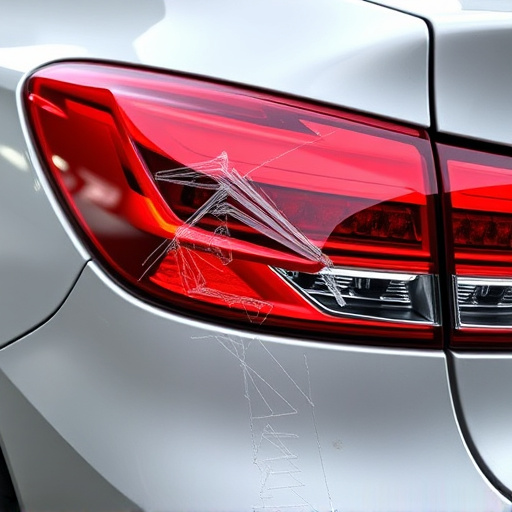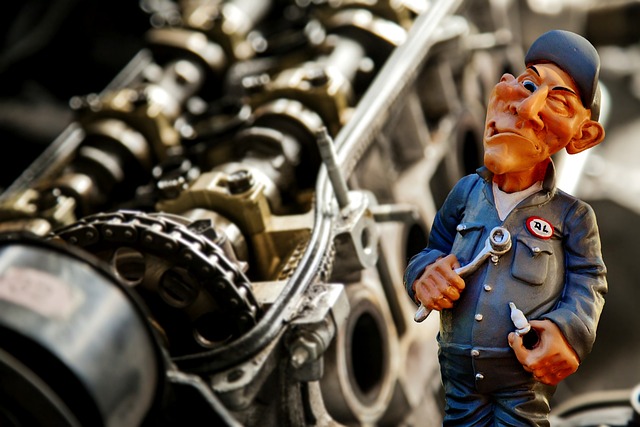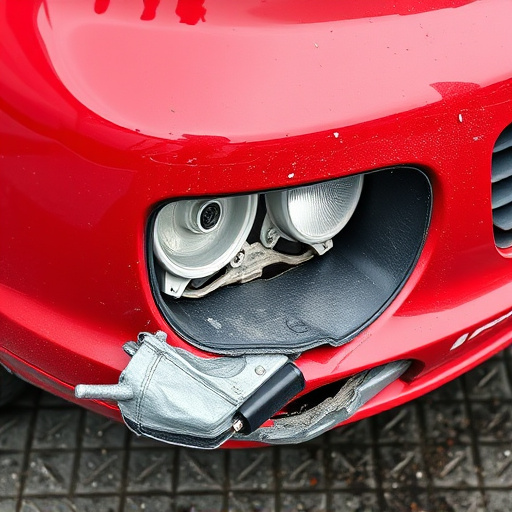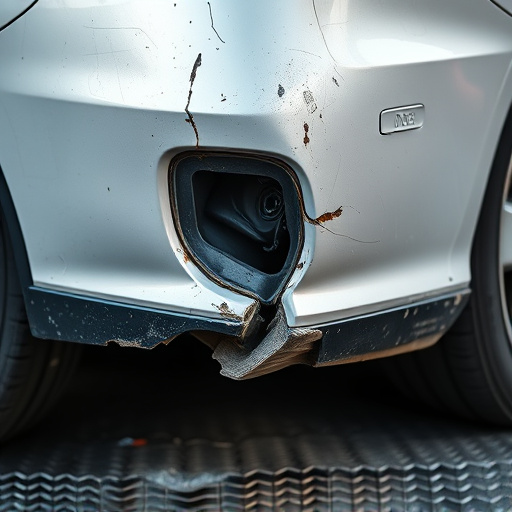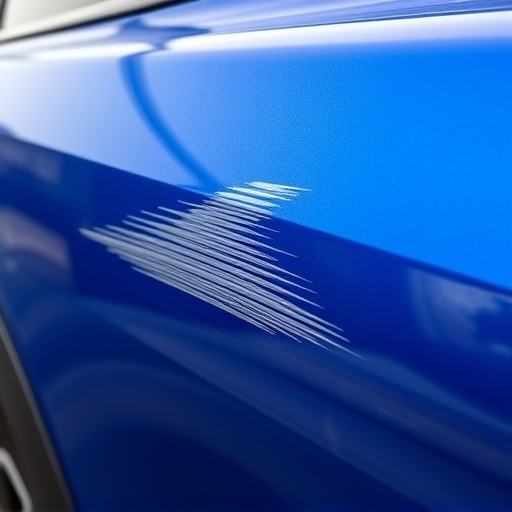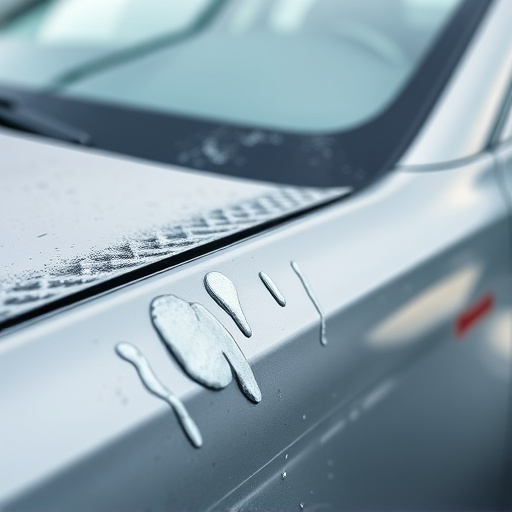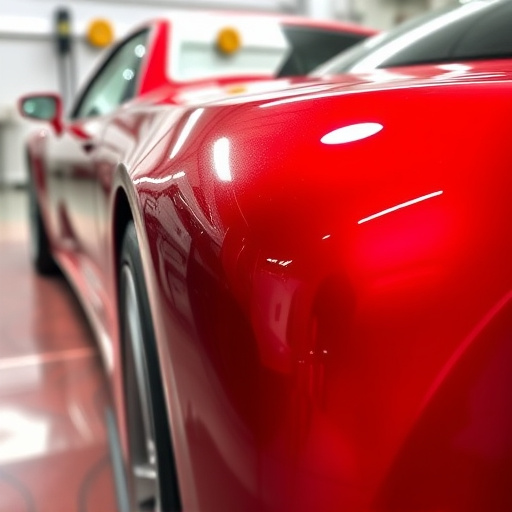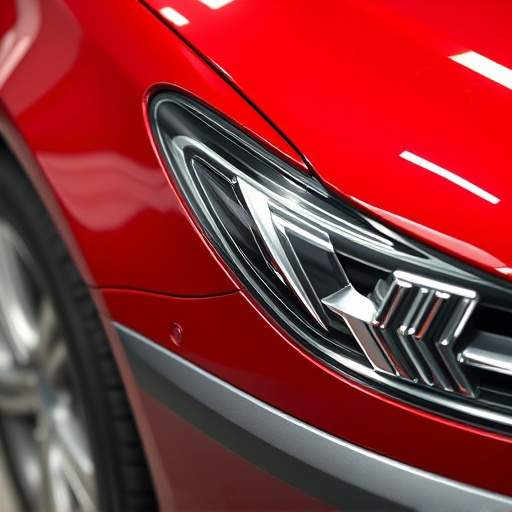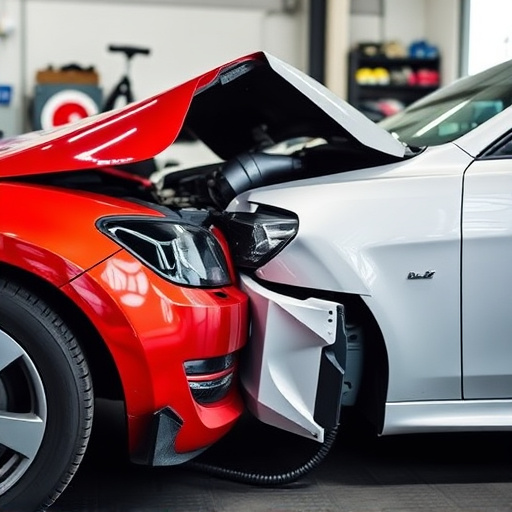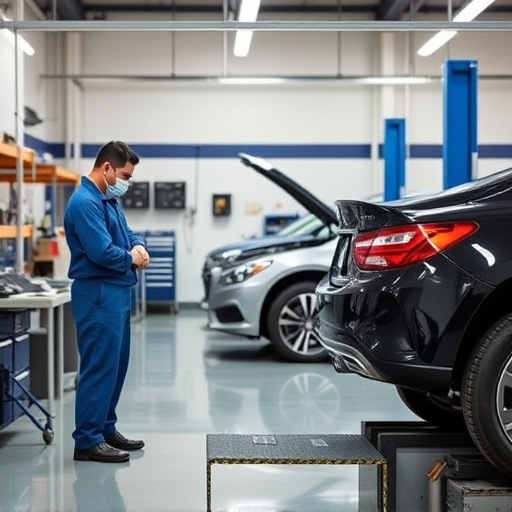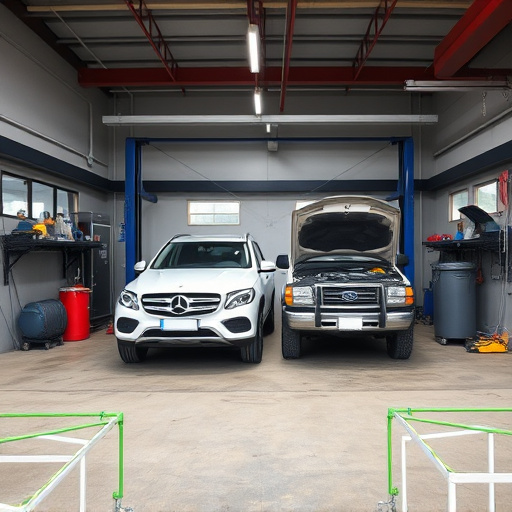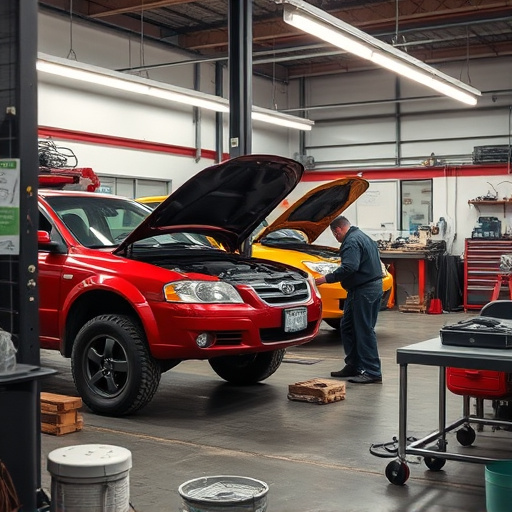An EPA compliant body shop meets strict environmental standards by controlling VOCs, proper waste disposal, and efficient air filtration systems. These systems protect workers from harmful substances, improve finish quality, and enhance overall workshop efficiency. Selecting appropriate HEPA, carbon, fiberglass, or pleated filters with regular replacements is crucial for maintaining compliance and optimal performance.
In today’s regulated environment, maintaining air quality in EPA compliant body shops is paramount. With strict standards aimed at minimizing airborne contaminants, efficient air filtration systems are essential tools for ensuring a safe and productive workspace. This article delves into the significance of these systems, exploring EPA regulations specific to body shops and the multifaceted benefits they offer. From enhanced worker health to improved operational efficiency, discover why investing in the right air filtration technology is crucial for any compliant automotive workshop.
- Understanding EPA Standards for Body Shops
- Benefits of Air Filtration Systems in Workshops
- Selecting the Right Filters for Compliance and Efficiency
Understanding EPA Standards for Body Shops
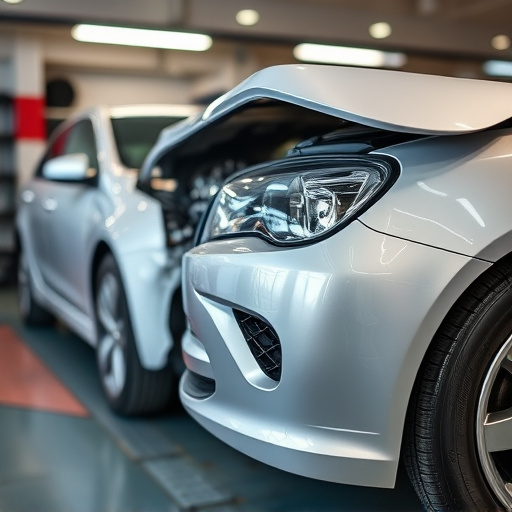
The Environmental Protection Agency (EPA) sets strict standards for emissions and air quality, especially within industries that involve the handling of harmful chemicals and materials, such as auto body shops. For an EPA-compliant body shop, adhering to these regulations is not just a legal requirement but also ensures a healthier work environment and minimizes the ecological impact.
These standards cover various aspects, including the control of volatile organic compounds (VOCs) from paints and coatings, proper disposal of hazardous waste, and the implementation of efficient filtration systems. By implementing effective air filtration, body shop services can capture and contain airborne particles, gases, and odors, promoting a safer and more sustainable working condition for employees and ensuring compliance with EPA regulations, especially when compared to traditional auto repair near me or collision damage repair methods.
Benefits of Air Filtration Systems in Workshops
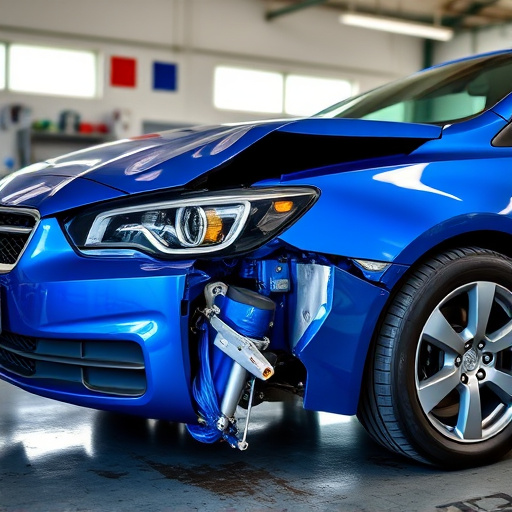
Air filtration systems play a vital role in EPA compliant body shops, ensuring not only environmental protection but also enhancing workshop efficiency and worker safety. By effectively capturing and removing airborne contaminants, these systems significantly reduce the risk of health issues associated with exposure to paint fumes, dust, and other chemical vapours commonly found in automotive body work settings. This is especially crucial for professionals providing car paint services or specialising in Mercedes Benz collision repair, where precise control over the working environment is essential.
Moreover, proper air filtration contributes to better finish quality in auto body repairs. Clean, filtered air minimises particle contamination on freshly painted surfaces, preventing imperfections and ensuring the final product meets high standards. This not only enhances customer satisfaction but also reduces the need for re-work, streamlining processes in busy workshops offering top-notch car paint services or comprehensive Mercedes Benz collision repair solutions.
Selecting the Right Filters for Compliance and Efficiency
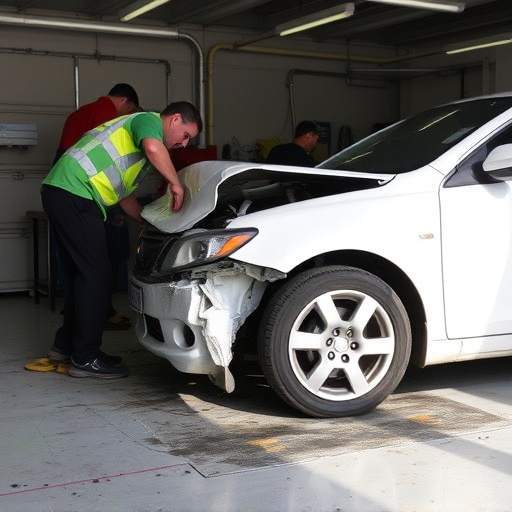
Selecting the right air filtration systems is paramount for an EPA compliant body shop aiming to maintain efficiency and adherence to environmental standards. When navigating the vast array of options, focus on filters specifically designed for automotive applications, as they’ll address dust, debris, and volatile organic compounds (VOCs) commonly found in hail damage repair, dent repair, and auto collision center environments. Look for high-efficiency particulate air (HEPA) filters, which trap at least 99.97% of particles as small as 0.3 microns—essential for capturing fine dust and paint particles that can compromise air quality during repairs.
Furthermore, consider the media type of the filter. Carbon filters effectively adsorb odors and VOCs, enhancing indoor air quality after auto collision center procedures. Fiberglass or pleated filters offer a balance between cost-effectiveness and particulate removal efficiency. Regularly replacing these filters ensures optimal performance and minimizes downtime in these high-activity workshops, fostering both compliance and productivity in the EPA compliant body shop setting.
Air filtration systems play a vital role in maintaining EPA compliance within body shops, ensuring a healthier work environment and minimizing environmental impact. By selecting the right filters, shops can achieve efficient air quality, protect employees from hazardous particles, and meet stringent regulatory standards. Investing in advanced filtration technology is not just a matter of compliance; it’s a step towards a safer, more sustainable future for the automotive industry.

